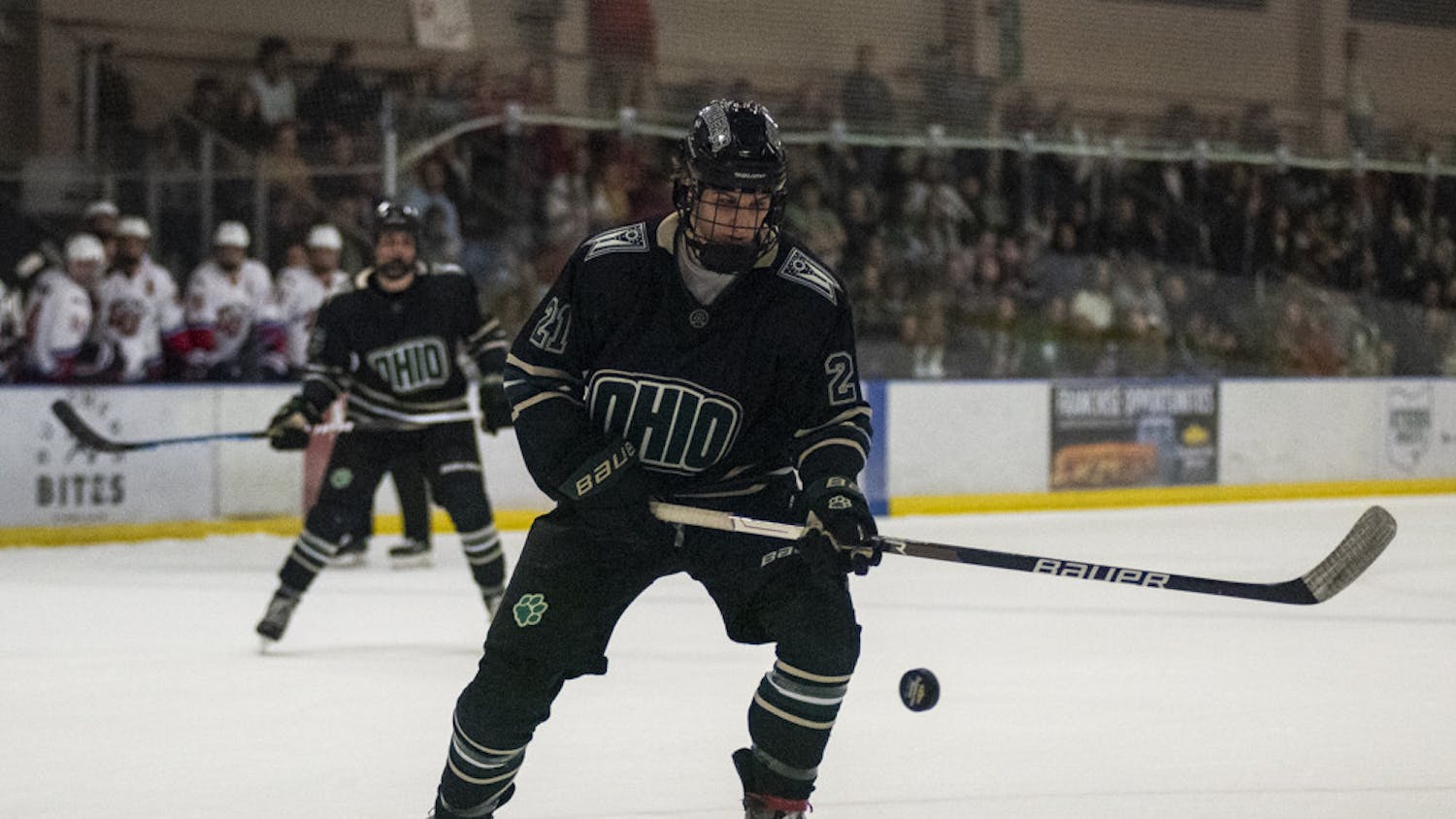In August, my dad and I got the immense privilege of going to the New Jersey stop of Metallica’s “M72 World Tour.” I’ve previously written about my experience, but I mainly focused on Metallica. However, I wanted to go to that show for another reason: Pantera.
Pantera has been one of my favorite bands for years now, and has been in my top Apple Music artists every year since I was a freshman in high school. Albums like “Reinventing the Steel,” “Far Beyond Driven” and “Vulgar Display of Power” all helped me through incredibly hard times, and seeing Pantera live was a dream come true.
When it came time for Phil Anselmo, Rex Brown and replacement members Zakk Wylde and Charlie Benante to perform, I was ecstatic. The band performed so well that the late Dimebag Darrell and Vinnie Paul (the brothers who co-founded Pantera and made it a heavy metal institution) would have been incredibly proud.
However, my dad was not as much of a fan. When we went into New York City the next day and talked about the performance, he said Anselmo’s intensity was very, very intimidating. I remember the exact words he said in the Carnegie Deli on W. 57th St.
“He was scary,” he said. “He looked like a white supremacist.”
At that moment, I forgot about how Pantera’s music had been so influential in my life. I was forced to confront their racist past, and I began to think about how much time I had spent supporting a band full of deeply problematic men. One of Dimebag Darrell’s signature guitars had a Confederate flag on it, and he has been caught on video using the n-word. Anselmo has previously made “white power” comments that he claims were jokes which has caused Pantera to be dropped from several metal festivals.
While I knew all those things, I often continued to listen to Pantera. The group’s music spoke to me in a way that very few other groups did, and I have poured hours into listening to it. I even reviewed a Pantera album for my high school newspaper. It was a bad habit I never could or wanted to kick.
But by being such a big fan — buying shirts, putting Pantera stickers on my guitar, etc. — I was directly supporting people who were simply racist. I was wearing a Pantera shirt while conversing with my dad, and I suddenly wanted to take it off and flush it down the toilet.
I began considering my stance on separating the art from the artist again. That is something I’ve done often, as the metal music genre is no stranger to problematic artists and problems with race and gender. While I never had a set stance on the issue, I still listened to groups and artists I knew were bad. Some of my favorite artists Type O Negative, Courtney Love and Doja Cat are all deeply flawed and have caused harm to people in some way, but I continue to listen to them. Is this okay?
I don’t know the answer to that question. For me, it often depends on the artist for some reason. Pantera has been an instrumental part of my upbringing; it got me through some of the worst times in my life, and I owe a lot to Pantera’s music. But with artists like Kanye West and Marilyn Manson, whose music I enjoyed but never played a role in my life, I quickly stopped listening to them when they started causing harm.
It maybe isn’t the most morally correct system, but it is the one I have used for years. However, I still think it is important to acknowledge the harm that our favorite artists and bands cause when they do problematic things. If you keep listening to them and buying their merch, you have to face the harm that they have done.
For years, I failed to do this. While I would condemn the blatantly racist actions of the members of Pantera, I think I only did this because there was no way around what they said. For Type O Negative, when people would point out Peter Steele’s praise of authoritarian dictators like Stalin and Hitler, I would counter the fact that the co-founder of the band was Jewish. I would make similar excuses for Courtney Love, Doja Cat and several other artists who were problematic. Looking back on these comments now, I know they were inexcusable.
I am not saying you need to go and delete every song by problematic artists from your playlists. Everyone has the right to make their own decisions about how comfortable they are with listening to these different bands and singers. However, I am saying that if you are going to listen to someone problematic, do not brush what they did under the rug or defend it. Acknowledge and reflect on what they did, and then decide if you want to stop listening to them or not.
Jackson McCoy is a freshman studying journalism at Ohio University. Please note that the views and opinions of the columnists do not reflect those of The Post. Want to share your thoughts? Let Jackson know by emailing or tweeting him at jm049122@ohio.edu or @_jackson_mccoy_.






